Hormone Regulation: Understanding the Body’s Chemical Balancing Act
When working with hormone regulation, the set of processes that keep hormone levels steady across the day and life stages. Also known as endocrine homeostasis, it is the backbone of everything from metabolism to mood. Hormone regulation encompasses feedback loops, requires the pituitary, adrenal and pancreatic glands, and influences growth, reproduction and stress response.
One of the first players you’ll meet is testosterone, the primary male sex hormone that drives muscle, bone strength and libido. Right beside it, estrogen, the chief female hormone that regulates menstrual cycles and supports cardiovascular health keeps its own balance through the ovaries and peripheral conversion. Then there’s insulin, a pancreatic hormone that moves glucose into cells and curbs blood‑sugar spikes. Finally, thyroid hormone, produced by the thyroid gland to set basal metabolic rate and energy use rounds out the core quartet we’ll keep referencing.
Why Hormone Regulation Touches Every Part of Your Life
Besides the four headline hormones, dozens of others—cortisol, growth hormone, melatonin, leptin, ghrelin, progesterone—are constantly being turned up or down. The adrenal glands crank out cortisol when stress hits, while the pineal gland releases melatonin to cue sleep. Leptin and ghrelin act as the body’s fuel gauge, telling you when you’re full or hungry. When any of these signals go off‑balance, you might notice weight gain, fatigue, mood swings, or even skin issues like acne—exactly the topics covered in our drug‑comparison guides for acne meds, weight‑loss pills, and sleep aids.
Understanding hormone regulation also means recognizing the feedback loops that keep everything in sync. The hypothalamus sends releasing hormones to the pituitary, which then issues trophic hormones to peripheral glands. Those glands respond with their own hormones, which travel back to the brain to signal “enough” or “need more.” This loop is the reason a low‑dose thyroid medication can normalize metabolism, while insulin therapy can tame type 2 diabetes. It also explains why some supplements—like vitamin D for immune support or omega‑3s for inflammation—can indirectly affect hormone balance.
Now that you’ve got a solid picture of how hormone regulation works and why it matters, the articles below will dive into specific drugs, supplements, and lifestyle tricks that tip the scales. From comparing A‑Ret Gel with other retinoids for skin health to unpacking the best insomnia aids, each guide ties back to the hormonal pathways we just outlined. Browse the collection to see practical ways you can support your own endocrine balance today.
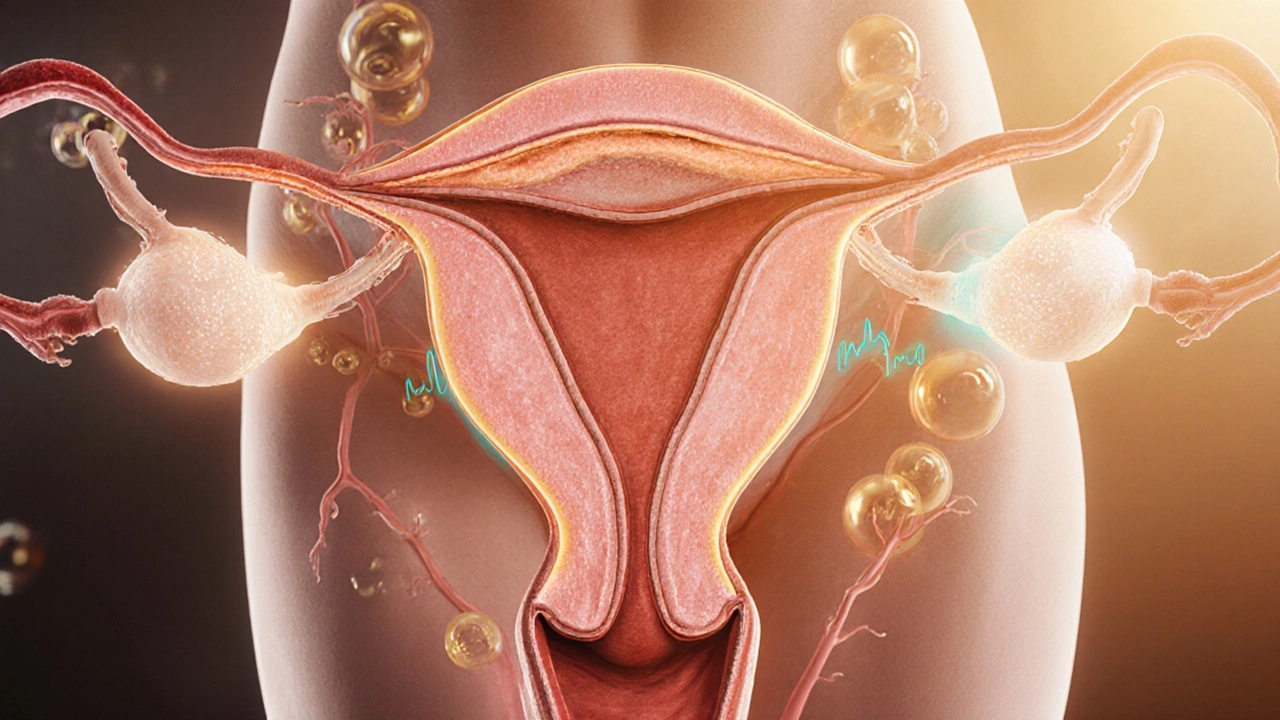 5 October 2025
5 October 2025
How Estrogen and Progesterone Regulate Ovulation & Menstruation - A Complete Guide
Learn how estrogen and progesterone control ovulation and menstruation, the feedback loops involved, factors that disturb balance, and practical tips for hormone health.
Latest Posts
-
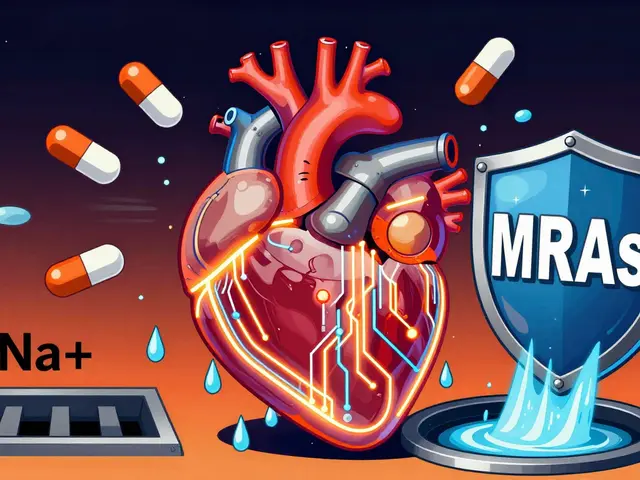
Managing Diuretics and Hypokalemia in Heart Failure: Practical Tips for Safe Use
-
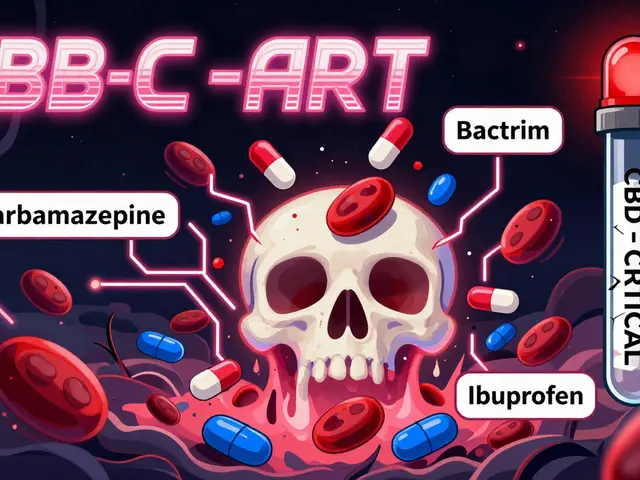
Aplastic Anemia from Medications: Early Signs and Urgent Actions
-
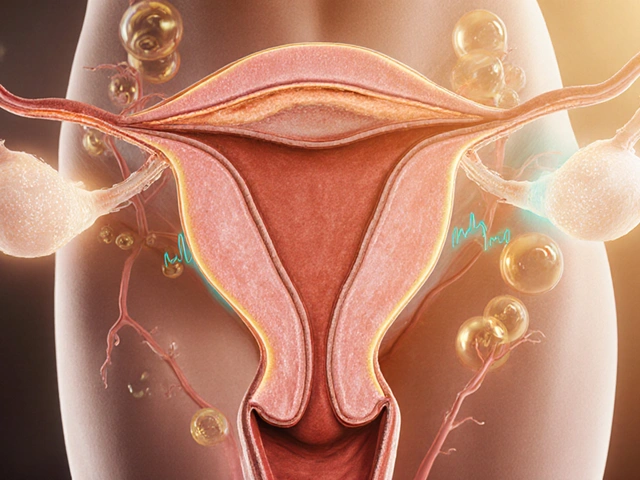
How Estrogen and Progesterone Regulate Ovulation & Menstruation - A Complete Guide
-

How to Search FDA’s Drugs@FDA Database for Official Drug Information
-
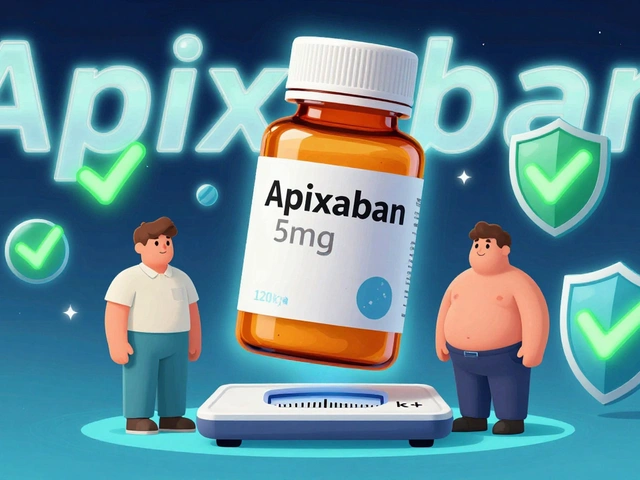
DOAC Dosing in Obesity: What You Need to Know About Efficacy, Safety, and Side Effects

19